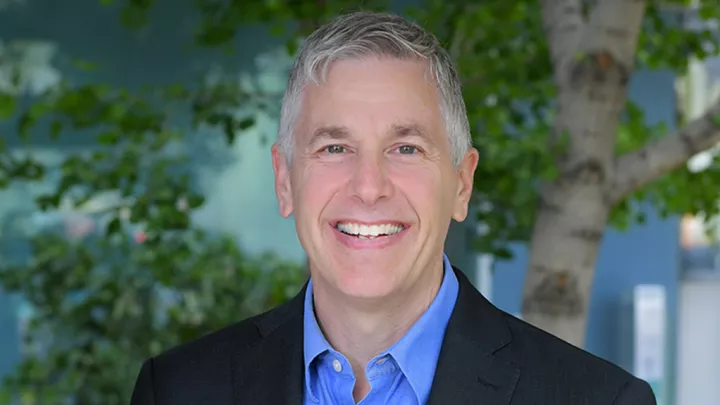Unconventional Cancer Research Consortium Created With $3.2M Grant From US Department of Defense
LOS ANGELES (December 18, 2023)—Funding an unconventional approach to fighting cancer that emphasizes the integration of diverse scientific disciplines, the U.S. Department of Defense has awarded $3.2 million to establish the Convergent Science Cancer Consortium (CSCC), led by Dean’s Professor of Biological Sciences Peter Kuhn at the USC Dornsife College of Letters, Arts and Sciences.
The consortium, which includes Stanford University, Cedars-Sinai Medical Center and Children’s Hospital Los Angeles as inaugural members, unites experts from fields such as biology, engineering, mathematics and computer science, to discover more effective treatment strategies through a more holistic understanding of cancer, particularly for hard-to-treat forms such as bladder cancer, sarcomas and metastatic cancers.
A global asset in finding cancer solutions
A leading cause of death worldwide, cancer presents complex challenges that often exceed the scope of traditional research methods. By fostering collaboration across various scientific domains, the CSCC intends to overcome these limitations. And because it will include scientists from across disciplines and institutions, their proposed solutions are likely to be more versatile and applicable to a diverse range of populations and health care systems. “The CSCC is a paradigm shift in cancer research,” said Peter Kuhn, Dean’s Professor of Biological Sciences at USC Dornsife and director of the CSCC. A trained physicist and director of the Convergent Science Institute in Cancer at the USC Michelson Center for Convergent Bioscience, Kuhn brings a unique perspective and broader vision to cancer research.
“By integrating diverse scientific insights, we can develop more effective, tailored treatments for patients, especially those fighting intractable forms of cancer,” he said.
The CSCC places a special emphasis on understanding and addressing cancer in military personnel, a group often exposed to unique environmental risks such as asbestos in conflict zones.
This focus, relatively rare in cancer research, offers significant benefits not only to military personnel but also to civilians exposed to similar hazards. The insights gained could lead to better prevention and treatment strategies for cancers caused by specific environmental factors.
More personal, more effective cancer treatment
The consortium’s approach aims to advance personalized cancer treatments that consider individual patient profiles. This could result in more effective treatments with reduced side effects. They will also study technologies for real-time monitoring, such as wearable devices, that hold promise for early detection and intervention, potentially improving patient survival rates.
Co-principal investigator Dan Theodorescu, MD, PhD, is the director of Cedars-Sinai Cancer Center and a renowned physician scientist and cancer expert. Theodorescu combines molecular and cell biology with computational methods in his research. He and Kuhn have long held a belief that convergent science holds exceptional power to find cancer solutions.
Co-principal investigator Christina Curtis of Stanford University brings extensive biomedical data science expertise. Using the latest computational methods, she’ll lead efforts to parse the copious and varied information the consortium researchers will produce.
Co-investigator Fariba Navid, MD, of Children’s Hospital Los Angeles has expertise in pediatric bone and soft tissue sarcomas. She will continue an ongoing collaboration with Kuhn to assess circulating tumor cells in these cancers.
The establishment of the Convergent Science Cancer Consortium, much of which is modeled on the recently established Convergent Science Virtual Cancer Center led by Theodorescu as director and Kuhn as deputy director, marks a pivotal moment in cancer research, according to the researchers — one that “means new avenues of hope for patients and their families,” said Kuhn.


